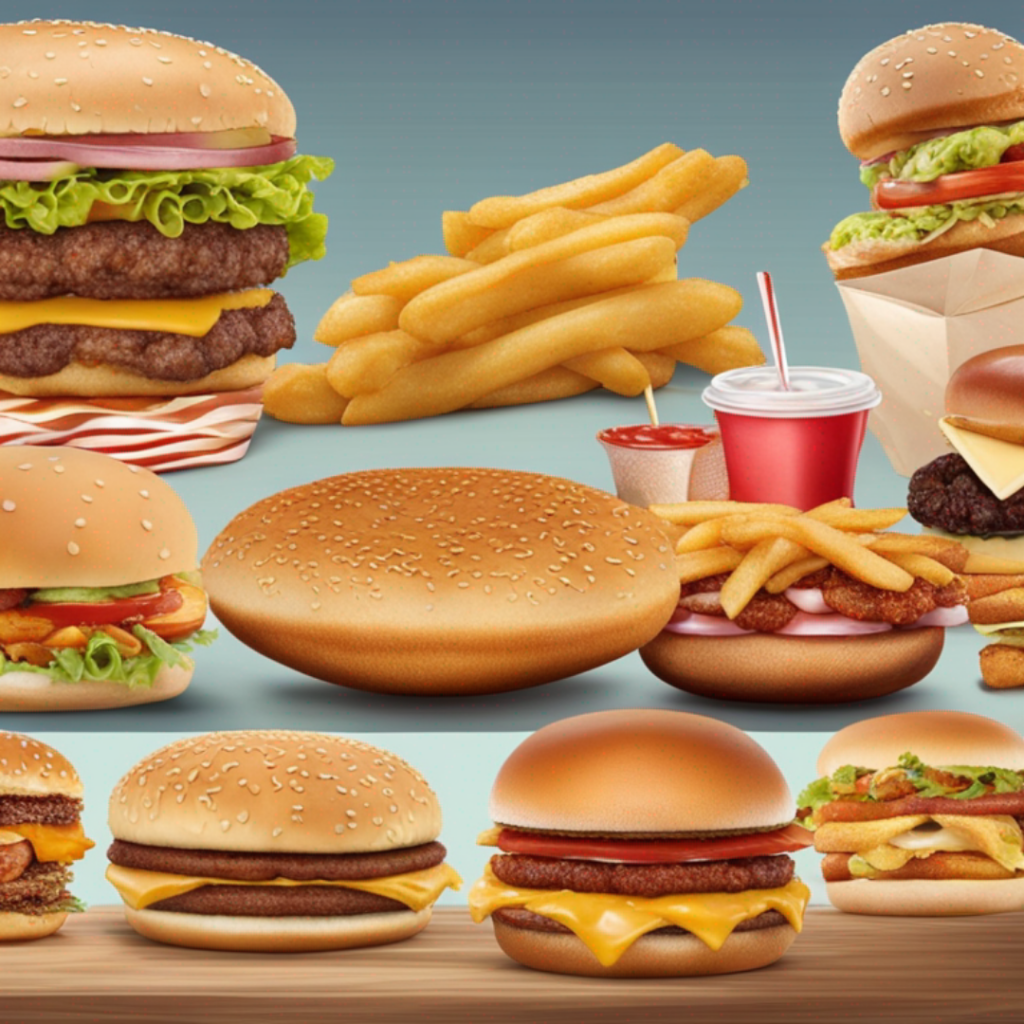Introduction
In today’s fast-paced world, food culture has undergone a dramatic shift, with alarming consequences for our health and well-being. The toxic modern food culture is characterized by its reliance on convenience, excess, and misinformation. Let’s delve into 12 key points that unveil the perils of this contemporary culinary landscape.

Processed Junk Dominance
Processed and ultra-processed foods have become staples, loaded with refined sugars, unhealthy fats, and artificial additives. These foods lack essential nutrients and can contribute to obesity, diabetes, and heart disease.
Sugar Epidemic
Excessive sugar consumption has become rampant, leading to obesity, type 2 diabetes, and other health issues. Sugary beverages, snacks, and desserts contribute to an addiction-like cycle that’s hard to break.
Misleading Marketing
Clever marketing strategies often mask unhealthy products as healthy options, misleading consumers into making poor dietary choices.
Portion Distortion
Oversized portions have become the norm, leading to overeating and weight gain. Restaurants and fast-food chains often prioritize value over nutritional quality.
Fast-Food Frenzy
The convenience of fast food has led to a rise in its consumption, contributing to obesity, cardiovascular diseases, and even mental health problems.
Decline in Home Cooking
Home-cooked meals have taken a back seat as people opt for quick and easy options. This shift has disconnected us from traditional culinary practices and whole foods.
Diet Trends and Fads
Fad diets promise quick results but often lack scientific support and can lead to nutritional imbalances. They perpetuate the cycle of yo-yo dieting and frustration.
Disconnection from Food Sources
Modern food culture often detaches us from the sources of our food, fostering a lack of appreciation for where our meals come from and the environmental impact of our choices.
Food Insecurity vs. Food Waste
While many struggle with food insecurity, a significant amount of food is wasted due to excessive consumption and improper disposal.
Artificial Ingredients and GMOs
The prevalence of genetically modified organisms (GMOs) and artificial additives raises concerns about their long-term effects on health and the environment.
Rise of Delivery Services
Food delivery apps provide convenience but encourage unhealthy habits and discourage mindful eating. They also contribute to excessive packaging waste.
Social Media Influence
Social media platforms perpetuate unrealistic body standards and encourage comparison, leading to unhealthy relationships with food and body image.
Conclusion
The toxic modern food culture is a complex web of convenience, misinformation, and excess. Addressing these issues requires a collective effort, focusing on education, policy changes, and individual empowerment to make healthier choices. By recognizing the pitfalls of this culture, we can pave the way for a more sustainable and nourishing future.
